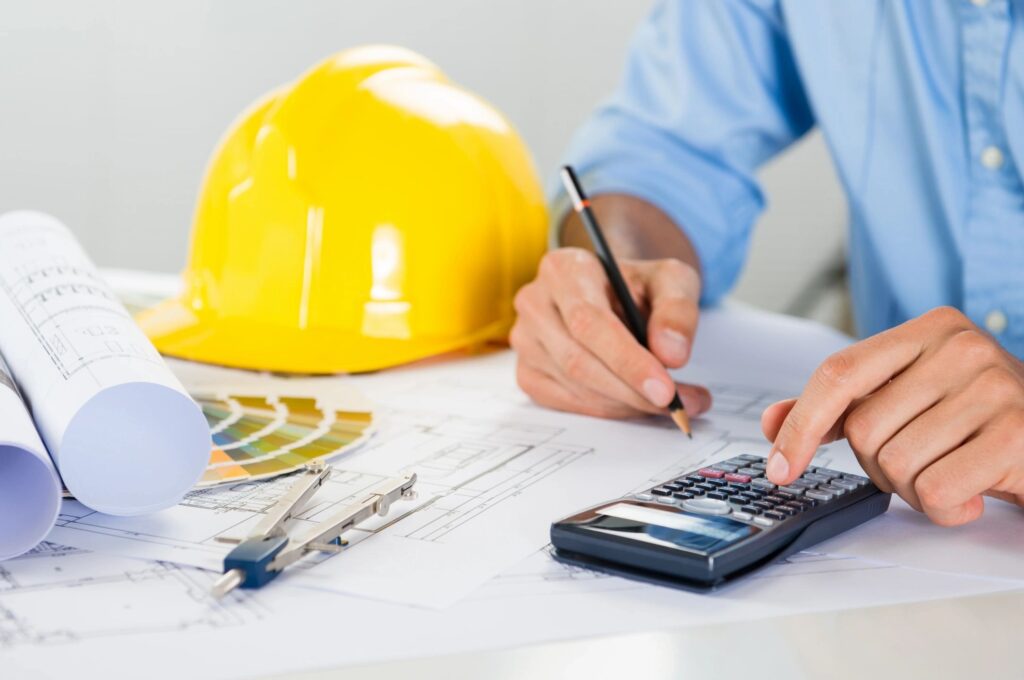When it comes to expanding your living space, adding an extension to your home can be an exciting and transformative endeavor. Whether you need more room for a growing family, a home office, or simply want to increase the value of your property, there are several important factors to consider before breaking ground. In this blog post, we’ll explore the key aspects you should think about when contemplating a home extension.

Purpose and Design
The first step in planning an extension is to clearly define its purpose. Are you looking to add extra bedrooms, create a larger kitchen, or build a home office? Understanding your specific needs will help you design a space that complements your existing home seamlessly.

Budget
Establishing a realistic budget is crucial. Consider not only the construction costs but also additional expenses such as permits, architectural fees, and interior furnishings. It’s wise to set aside a contingency fund to accommodate unexpected costs that might arise during the construction process.

Local Regulations and Permits
Research local building regulations and obtain the necessary permits before starting any construction work. Building codes, zoning laws, and homeowner association rules vary by location and could significantly impact the design and feasibility of your extension project.

Architectural Style
Ensure that the new extension harmonizes with the existing architectural style of your home. A well-integrated extension should enhance the overall aesthetics of your property, making it look like a natural part of the original structure.

Natural Light and Ventilation
Think about how natural light will enter the new space. Consider the orientation of windows and doors to maximize sunlight while maintaining privacy. Adequate ventilation is also essential to create a comfortable living environment.

Energy Efficiency
Incorporating energy-efficient features in your extension, such as proper insulation, energy-efficient windows, and energy-saving appliances, can lead to long-term cost savings on utility bills and reduce your environmental impact.

Quality of Materials
Invest in high-quality building materials and finishes that not only look appealing but also stand the test of time. Choosing durable materials can save you from frequent repairs and replacements in the future.

Professional Help
Hiring experienced professionals, including architects, contractors, and interior designers, is crucial to the success of your project. Their expertise can help you navigate the complexities of the construction process and ensure that your vision is realized.

Timeline
Have a realistic timeline in mind for the completion of the project. Discuss the schedule with your contractor and set milestones to track progress. Be prepared for unexpected delays, such as weather conditions, which could affect the construction timeline.

Future Resale Value
Consider how the extension might impact the resale value of your home. While it’s essential to cater to your current needs, choose designs and features that have broad appeal. A thoughtfully designed and well-executed extension can significantly increase the market value of your property.
In conclusion, adding an extension to your home is a significant undertaking that requires careful planning and consideration. By thoroughly evaluating your needs, budget, local regulations, and design elements, you can create a functional, aesthetically pleasing, and valuable addition to your home. With the right approach and professional guidance, your home extension project can turn your dreams into reality, providing you with a comfortable and spacious living environment for years to come.
